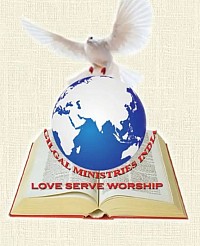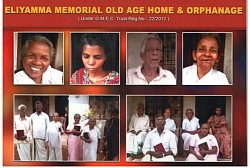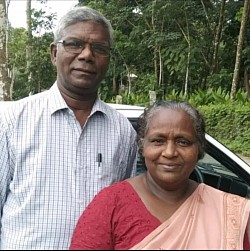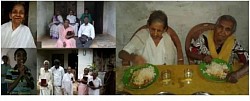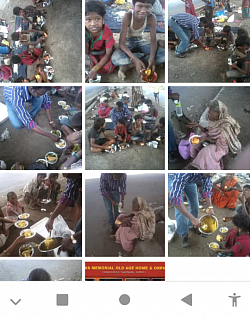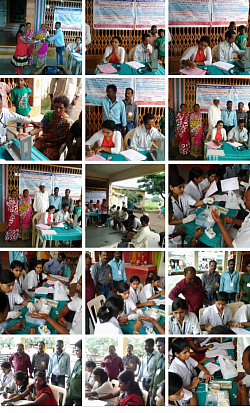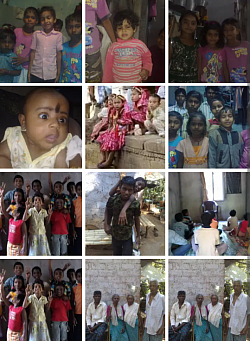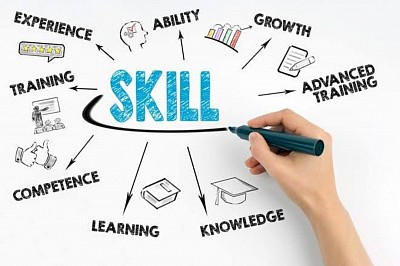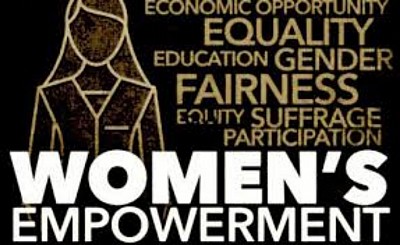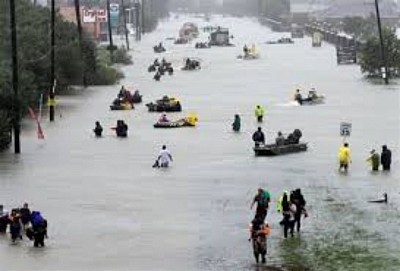Welcome to Gilgal Ministries Episcopal Charitable Educational Trust
Welcome To Gilgal Ministries Episcopal Charitable Educational Trust
Gilgal Ministries Episcopal Charitable Educational Trust is a non-governmental organization established in 2012. The registration number of the organization is: 22/2012?(04-02-2012). The organization is operational in Kerala, India. Gilgal Ministries Episcopal Charitable Educational Trust works in the area of etc. The NGO works towards the promotion of sustainable development.
ABOUT US
Gilgal ministry is the vision of Pr:Samuel mathew. He has been serving the lord since 37 years. God is using him in mighty way to care old age people, orphanage, controlling church, children ministry. Isaiah 58:7 says "Is it not to deal thy bread to the hungry, and that thou bring the poor that are cast out to thy house? when thou seest the naked, that thou cover him; and that thou hide not thyself from thine own flesh?".
We inspired from this words and started gilgal ministry 6 years ago, as our goal is to bring the poor, needy, orphans, old ones, caring them sharing the love of God and make them to inherit the kingdom of God.
In 2012 september we started Eliyamma memeorial old age home under GMEC Trust, along with that church ministry named ACI (Apostolic Church of God in India) since 1961 have been serving the lord from forefathers, we are following the foot step of jesus along with our forefathers. All over India we have many
churches but scarcity of money is the hindrance for smooth running. we are praying to open the way and we have vacational children ministries...
Jesus is saying harvest is plentyfull but labours are few, Join to our motto serve, love and worship, lets hold our hands together and build the kingdom of God... Help us.amen
OUR MISSION
Gilgal Mission India NGO helping Natural Disasters such as floods, hurricanes, tornadoes, volcanic eruptions, earthquakes, tsunamis, and other geologic processes.To establish and run schools and Colleges and other kinds of educational institutions.To start computer education centre at rural areas to give computer coaching to poor students.To help poor family for the marriage expenses of their daughter.To start home for the aged persons.To start tailoring schools for giving tailoring training to poor women.To start Nursery schools and children home.To start hospital.To provide food to poor and aged persons.To support poor family for house constructions.To start income generation programme for women.To start schools for the blind.To start technical education center.To engage in charitable activities for the poor.To do all other lawful acts as are necessary for the attainment of the objectives of the trust.
OUR WORK Education
If we need to address healthcare, poverty, population control, unemployment or human rights, there's no better way to start than providing an education to children in need. Education not only empowers children to earn a livelihood but also help them grow up as responsible national and global citizens. Right to Education, Learning, and Development (emotional, physical and mental) are fundamental human rights of all children below the age of 18 years as per the United Nations Conventions on the Rights of the Child (UNCRC). But millions of children are deprived of these basic rights for several reasons including conflict, natural calamities, ethnicity, disability, and above all poverty.
The Right to Education (RTE) Act which came into force in 2010 made education free and compulsory for all children in the age group of 6-14 years. But even more than a decade after the implementation of the law, for many children in the country, the learning curve has not been steady. The socio-economic conditions of parents and lack of proper learning in schools are hindrances which prevent many children from having an education.
Health care
HEALTHCARE
It is well recognized that improvement in health status of population is both an important means of sustaining economic and social development as well as an end in itself. While India has made rapid strides in the health sector since independence, data from NFHS-5 indicates that access to healthcare still remains a challenge.
Nearly 72% of the population in India still lives in rural areas and has access to about 25% of the healthcare infrastructure. Urban slum dwellers, on the other hand, suffer from adverse health conditions owing to mainly two reasons –first the lack of awareness; and second the unwillingness to lose a day’s wage in order to reach the nearest medical facility.
The sheer vastness and geo-spatial diversity of the country also make it difficult to meet the healthcare needs of the entire population. With the pandemic further highlighting the need to strengthen the healthcare system, it has become imperative to shift focus on last mile delivery to rural areas, universal health coverage, public health, and preventive healthcare.
SKILLED WORKFORCE
SKILLED WORKFORCE. dignified livelihood
WHY SKILLING?
The youth comprises over one-third of the Indian population which in turn constitutes a major part of the labour force of the country. A country like India which has a huge young population can reap better benefits from the demographic dividend if its youth are better skilled and employable. It is crucial for the energy of the underprivileged youth to be channelized properly with proper direction to aid economic growth and nation building.
WOMEN EMPOWERMENT
WOMEN EMPOWERMENT
Over the past decade, gender equality has been recognized as crucial not only to the health of nations but also to their social and economic development. The promotion of gender equality and empowering of women is a key aspect of UNDP’s Sustainable Development Goals. While showing improvement from previous years, India still ranks 136 in 145 countries as per the Global Gender Gap Index Report 2022.
A community, society, and country prosper when its women and girls are empowered. Giving women and girls the liberty and opportunity to have an education, be self-sufficient and financially independent, get the right healthcare, and have a say in decision-making at home and outside the home is beneficial for society. Even as we are witnessing women rising to the topmost political, bureaucratic, banking, and corporate positions, gender bias still prevents girls and women from rising to their highest potential.
DISASTER RESPONSE
DISASTER RESPONSE
Being a disaster-prone country, India is highly vulnerable to various types of natural calamities due to its geographical positioning. According to the National Disaster Management Authority, Govt. of India, more than 58.6% of the country's landmass is prone to earthquakes and over 12% is prone to floods; close to 5,700kms out of the 7,516kms long coastline is prone to cyclones and tsunamis; while 68% of its cultivable area is prone to droughts which is why disaster preparedness is of outmost importance.
Disaster risks in India are further compounded by increasing vulnerabilities related to changing demographics, socio-economic conditions- unplanned urbanization, development within high-risk zones, environmental degradation, climate change, and epidemics and pandemics. All these factors have created a situation where disasters seriously threaten the sustainable development of the country, besides innumerable lives and livelihoods.



